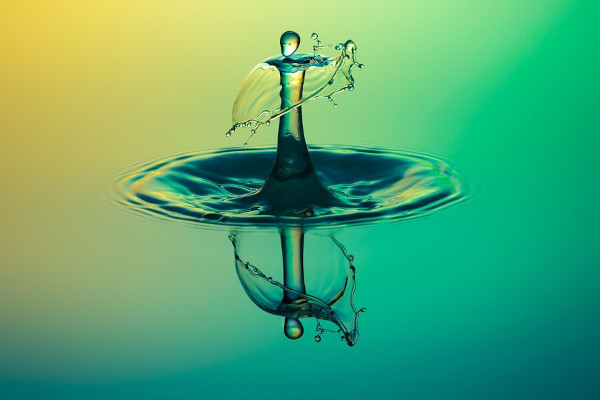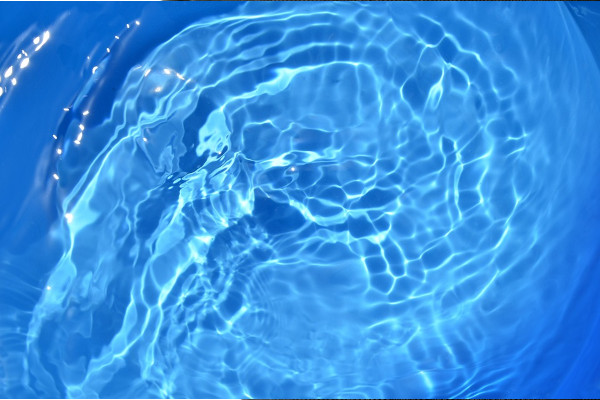Featured Information

Medical research suggests that dehydration can play a role in triggering migraines in some individuals. While the exact mechanisms are not fully understood, several studies have explored the relationship between migraines and dehydration. Here are some key findings from the available research:
Dehydration as a Trigger
Dehydration has been identified as a potential trigger for migraines in susceptible individuals. Studies have shown that dehydration can affect blood volume, electrolyte balance, and cerebral blood flow, which may contribute to the onset of migraines.
Changes in Blood Vessels
Dehydration can lead to changes in blood vessel diameter and function, potentially increasing the risk of migraines. Research has indicated that dehydration-induced changes in blood vessel tone and reactivity may trigger migraines in some individuals.
Electrolyte Imbalance
Dehydration can disrupt the balance of electrolytes, such as sodium and potassium, in the body. Electrolyte imbalances have been associated with migraines in certain cases. For example, low sodium levels, which can occur during dehydration, have been linked to increased migraine frequency.
Exercise-Induced Dehydration

Physical activity and exercise can contribute to fluid loss and subsequent dehydration. Studies have found that exercise-induced dehydration may increase the risk of migraines in susceptible individuals. It is recommended to maintain proper hydration before, during, and after exercise to minimize the potential triggering effects.
Headache Relief with Rehydration
Rehydration has been shown to provide relief for some individuals experiencing migraines. In certain cases, drinking fluids and replenishing lost electrolytes can alleviate headache symptoms associated with dehydration.
Individual Variations
It’s important to recognize that individual responses to dehydration and migraines can vary. Some individuals may be more susceptible to the effects of dehydration, while others may not experience a significant impact on their migraines.
It’s worth noting that dehydration is just one of many triggers for migraines, and not all migraine sufferers may be equally affected by dehydration. Other triggers such as stress, hormonal changes, certain foods, and environmental factors can also contribute to migraines.
To prevent migraines related to dehydration, it is generally recommended to maintain proper hydration by drinking an adequate amount of water throughout the day, especially in hot environments or during physical activity. Paying attention to the body’s signals of thirst and ensuring regular fluid intake can help prevent dehydration-related migraines.
If you experience frequent migraines or have concerns about your migraines and dehydration, it is advisable to consult with a healthcare professional. They can provide personalized advice and recommend appropriate management strategies based on your specific situation.
As research in this field is ongoing, it is important to stay updated with the latest studies and findings for a comprehensive understanding of migraines and dehydration.


